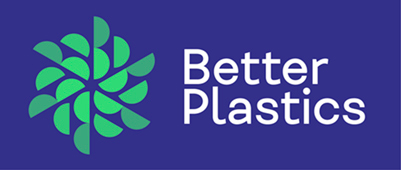Focus areas
Circular Economy
and Sustainability
APIP, actively committed to reconciling environmental preservation and resource efficiency with the development of the sector it represents, recognises the circular economy and sustainability as being two axes of strategic intervention in its activity.
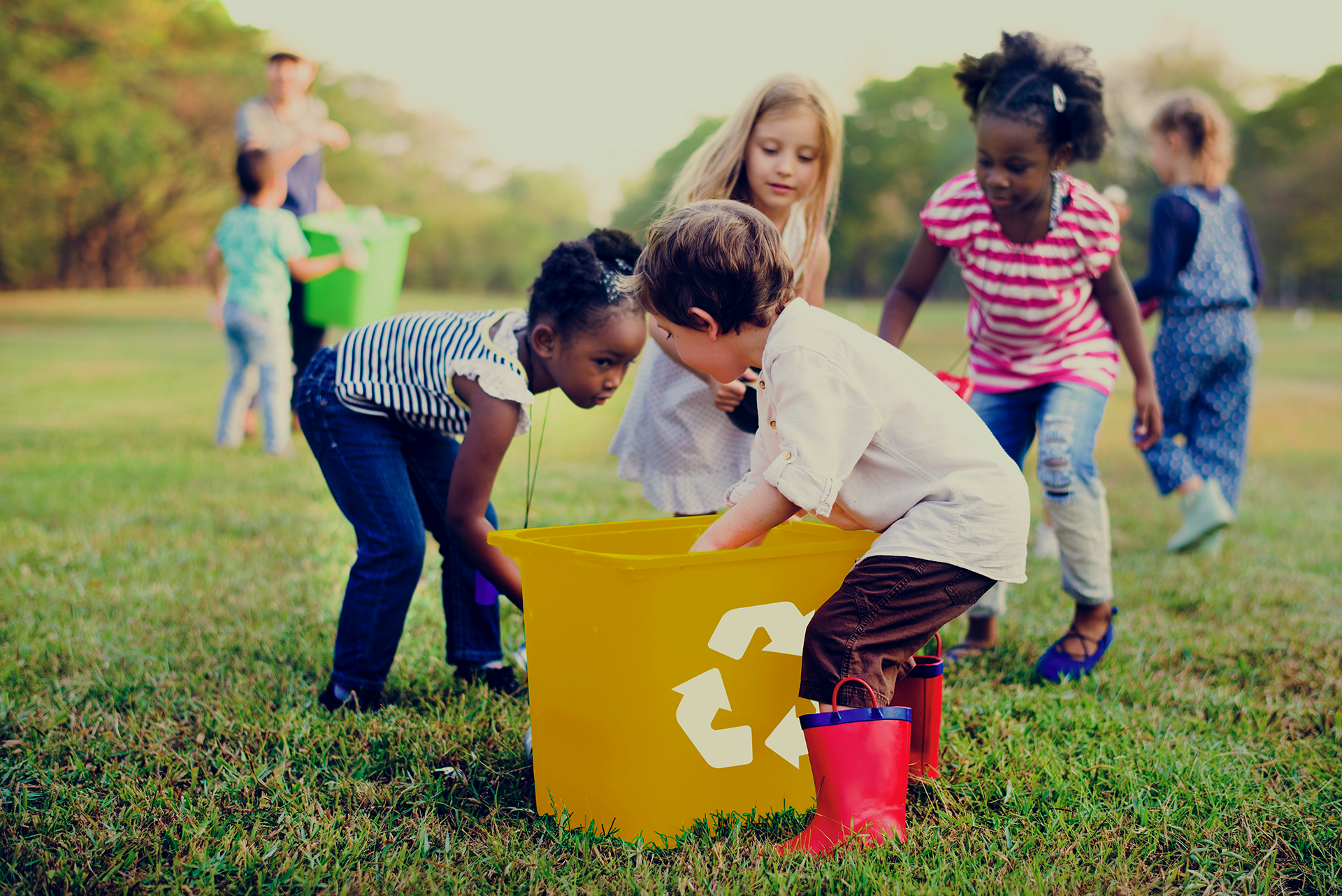
What is the circular economy?
It’s taking nature into consideration.
These principles are embodied in various actions, among which the National Pact of the Plastics Industry for Circular Economy and Environmental Sustainability stands out, institutionally supported by APA (Portuguese Environmental Agency) and DGAE (Directorate-General for Economic Activities), and of which we highlight the following initiatives, which are presented in more detail below:
• Implementation of the Operation Clean Sweep (OCS) Programme in Portugal
• Adoption of the MORE Tool - Monitoring Recyclates for Europe
• Creation of a recycling observatory for statistical analysis
• Development and participation in projects that foster the circular economy and the sustainability of plastics
At the same time, APIP, as a representative of the Plastics Industry, signed the Portuguese Plastics Pact, promoted by the Smart Waste Portugal Association. Under this pact, APIP assumes coordination of the Advisory Committee, where several industry associations are represented.
Circular Economy and Sustainability require aggregation of the efforts and intentions of diverse entities and institutions in a constructive, integrated and holistic way. Based on this vision, APIP will seek to work with all stakeholders on building more circular and sustainable solutions.
Circular Plastics Alliance (CPA)

The Circular Plastics Alliance (CPA) is an initiative endorsed by APIP which was launched by the European Commission and aims to boost the plastics recycling market in Member States to a volume of 10 million tonnes by 2025. The alliance covers the entire plastic value chain, including 175 organisations, industry representatives, universities and the public sector.
Click here pdf
Operation Clean Sweep (OCS)
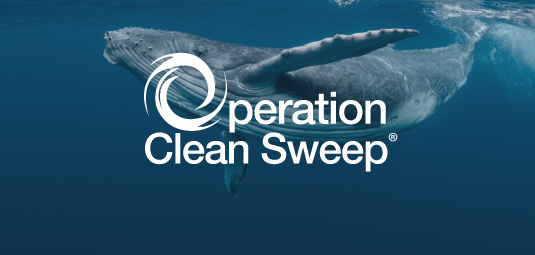
The Operation Clean Sweep® (OCS) programme is an international initiative by the plastics industry that aims to eliminate the leakage of plastic resin into the environment. In Portugal, this programme will be implemented and led by APIP, which holds the rights to use the brand, which were granted by the holding entities American Plastics Industry Association (PLASTICS) and American Chemistry Council (ACC). Its implementation will also have the support of PlasticsEurope Ibérica with regard to promoting and disseminating the initiative.
By joining the OCS programme, companies are voluntarily committed to implementing best practices and cleaning and containment systems that prevent the loss of plastic resins (pellets, flakes and powders) handled during production, storage, transportation and usage activities, preventing them from reaching terrestrial and aquatic environments and ensuring their use as a resource. For more information about this programme, please consult the website dedicated to this project at: www.opcleansweep.pt
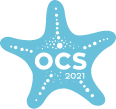
Recycling Observatory
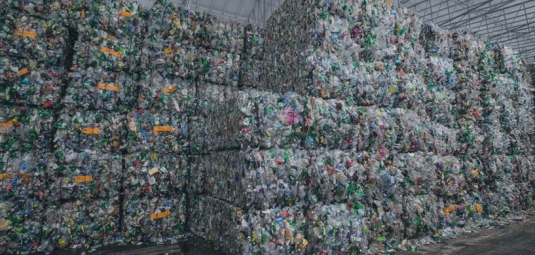
Obtaining reliable data for the production of statistical information is increasingly necessary for the sector and for official entities. As a result of this need, APIP decided to develop a sectorial observatory for plastics recycling, where it depends on the support of recycling companies, in order to ensure monitoring of the quantities of processed and recycled waste produced, by polymer, as well as the types of applications for recycled materials. This information will be extremely useful for providing greater detail in relation to the INE’s (National Institute of Statistics) own statistics.
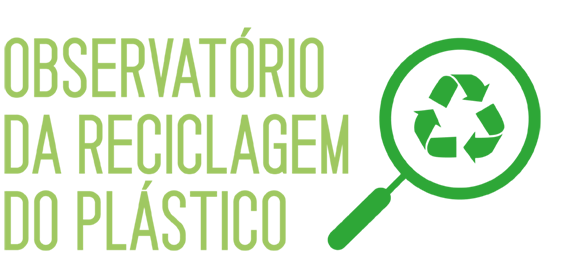
MORE – Monitoring Recyclates for
Europe
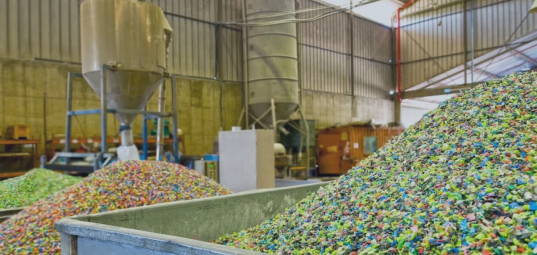
MORE is a digital platform developed by the European Plastics Converters (EuPC) in collaboration with its members and managed by Polymer Comply Europe (PCE) in support of the European Commission's Plastics Strategy, which aims to monitor the use of recycled polymers by European industry in the manufacture of plastic articles. More information can be found at: https://www.moreplatform.eu/
Through this initiative, the industry is committed to contributing to a greater circularity of plastic, closing the cycle, and committed to the fulfilment of the objectives enshrined in the European Strategy for Plastics in the Circular Economy and in the commitment assumed by the Circular Plastics Alliance, to use 10 million tonnes of recycled polymers annually by 2025. APIP coordinates this initiative nationally, undertaking all actions that enable the Portuguese plastics manufacturing industry to join the initiative and contribute its share towards the proposed objectives.


Research &
Development
Better Plastics
The BETTER PLASTICS project is the result of an initiative by APIP and involves a total of 25 entities (e.g. producers of plastic materials and raw materials, converters, brand-owners, retailers and distributors, waste management agents, technological centres and universities). The goal of this true innovation ecosystem is the development of new materials, products, processes, systems, technologies and services, making it possible to respond to current and future challenges and ensuring the circularity and sustainability of Plastics in Portugal.
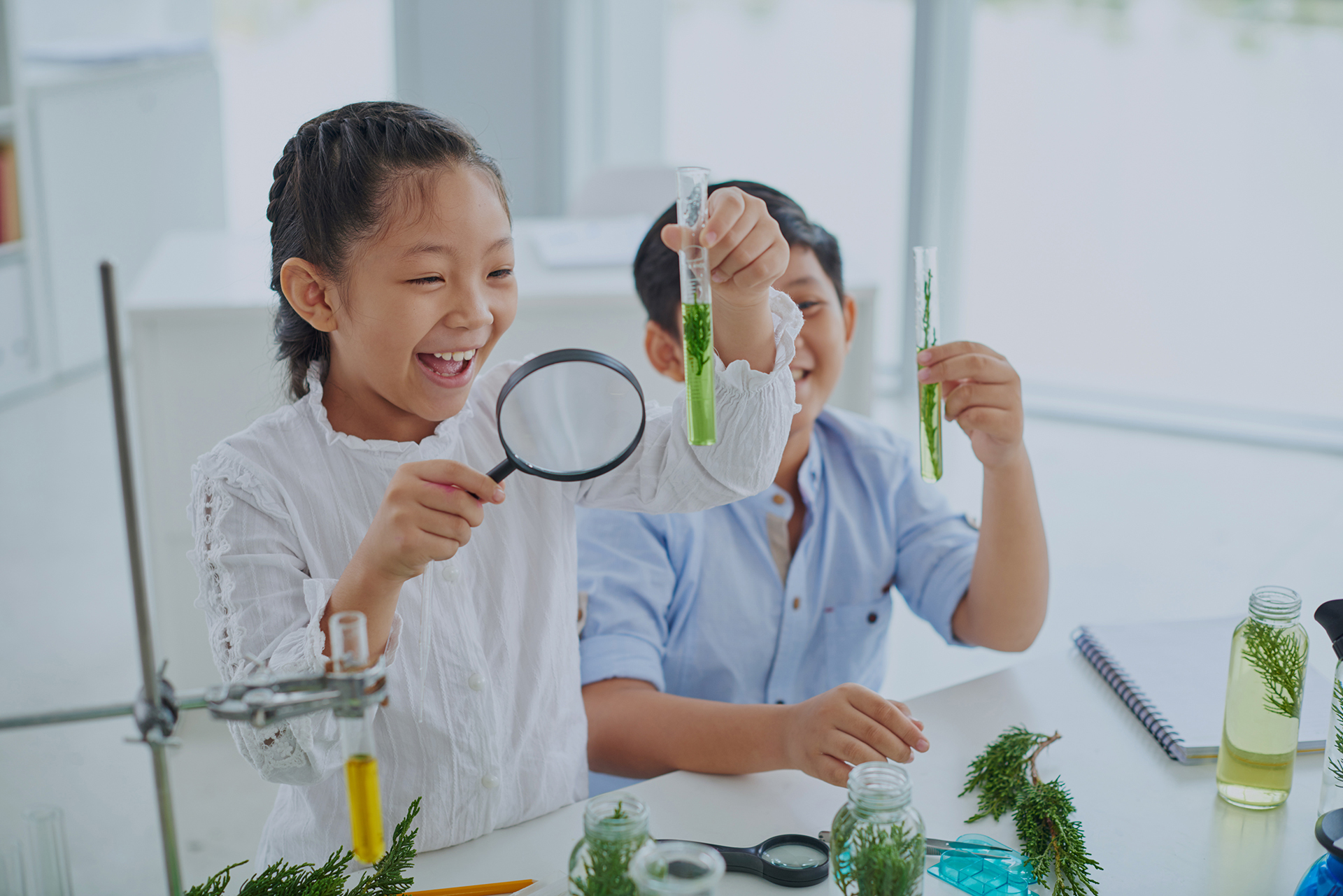
The project is based on three main pillars:
– Circularity through Design (Material and Product)
– Circularity through Recycling
– Circularity through Alternative Raw Materials
And its main objectives are:
– Increase the circularity and efficiency of the plastic resource within the framework of the European plastics strategy launched by the European Commission, towards an increasingly circular economy;
– Design and develop materials with improved separation and recycling properties;
– Design and develop products that encourage and boost reuse;
– Design and produce plastics and plastic products aligned with reuse, repair and recycling needs;
– Use plastic waste as a resource at the end of products’ useful life, in order to close the cycle;
– Develop replacement solutions that extend the useful life of plastic articles;
– Innovate in advanced recycling technologies to increase the recovered value of plastic waste;
– Incorporate alternative raw materials in the production of plastics, containing residues or by-products from other sectors and processes, such as biological raw material from the agricultural industry, carbon-based raw material from the chemical industry and chemical and secondary plastics from the plastic industry;
– Define life cycle assessment actions in order to identify the conditions under which the use of biodegradable or compostable plastics is beneficial and what the criteria are for these applications.
The RTD Better Plastics project is expected to last 36 months.


